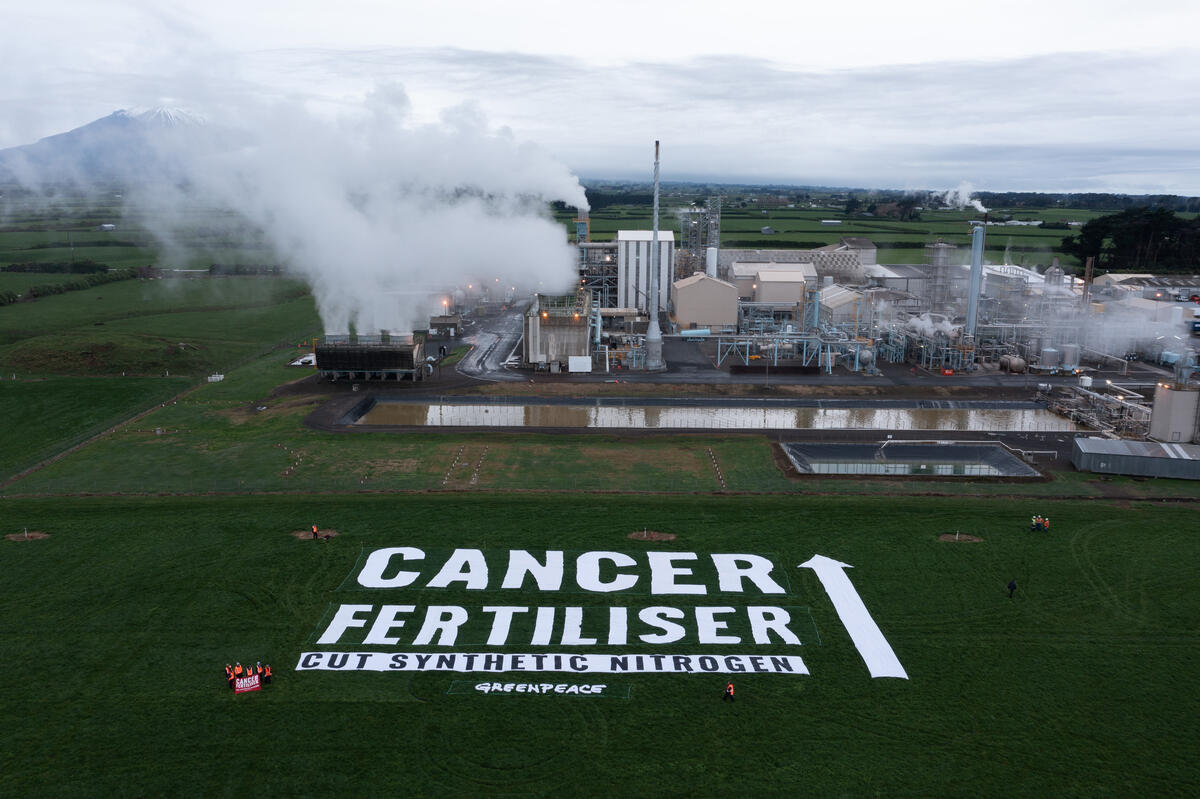Greenpeace welcomes a decision by New Zealand Food Safety to maintain maximum glyphosate residue levels on wheat, oats and barley at their current level of 0.1mg/kg, but now calls on NZFS to restart its glyphosate testing programme.
The government had initially proposed increasing glyphosate residue levels by 100-times. But there was overwhelming opposition to the increase among the more than 3,100 submissions on the proposal.
Greenpeace Aotearoa Executive Director Dr Russel Norman says: “This is a great victory. People were totally opposed to the plan to increase glyphosate on wheat, oats and barley.
“However, we also note that NZFA stopped testing for glyphosate after it found residues in food well over the 0.1mg/kg level in 2015/16. We are seeking an assurance from NZFA that they will include glyphosate in their next round of food testing.
“ We are also concerned that NZFA has taken no enforcement action in over a decade when it finds pesticides at levels above the legal maximum allowed in food. There is not much point having legal maximums if they are not enforced.”
Glyphosate is classified by the WHO as a probable carcinogen.
“New Zealanders can now eat their cereals and bread with the knowledge that glyphosate levels aren’t increasing and staying the same at 0.1 mg/kg.
“We are also pleased that NZFA has introduced a requirement that, where glyphosate is used on cereal crops, it can only be sprayed prior to the crops emerging, and may not be sprayed directly on crops destined for human consumption.
“A large body of scientific evidence has demonstrated harm to human health and the environment from glyphosate. Our long term goal is to reduce and, where possible, eliminate the use of agrichemicals. Any steps in this direction are welcome.
However, the decision to increase the levels of glyphosate on dried peas to 6 mg/kg is disappointing, says Dr Norman.
“Raising the glyphosate MRL on dried peas gives tacit approval for the increased and ongoing use of agrichemicals in the food system. Instead of making it easier to spray toxic chemicals on our food, the Government should be supporting farmers to transition to ecological farming that protects people and the planet.”


